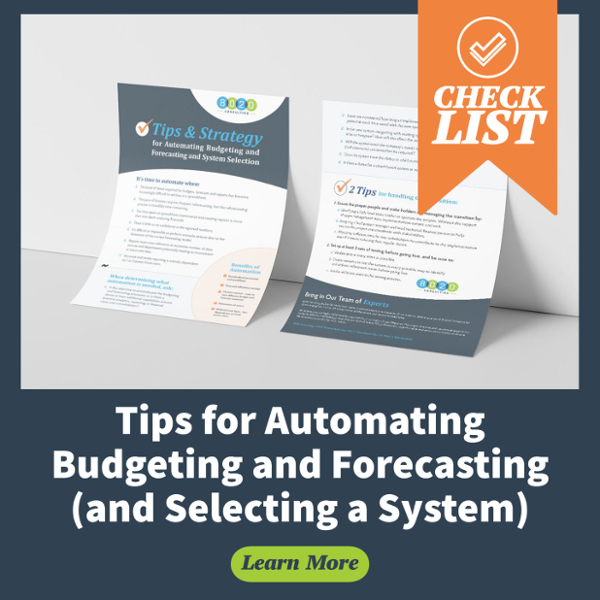Improve Equity-Based Compensation Plans Using Cloud-Based Software
- Updated on December 31, 2024
- Brian Barton
- Approx. Read Time: 4 minutes read
- Published on June 20, 2016


It’s a jungle out there. Well, not literally. But within the business world, competition to attract and hire the best and brightest employees can be quite fierce. And once they have been brought on board, what is the best way to maintain their motivation and commitment? There are a multitude of techniques and tools that can help companies support this goal. One such financial vehicle available to publicly-traded companies is to give employees the ability to share in the ownership of the organization, which can be accomplished by offering participation in an equity-based compensation plan.
Even though the use of this benefit can be fairly straightforward, it can present a number of challenges with respect to creation of the structure, administration, accounting and reporting of the plan.
Equity compensation plan management is fluid and complex. It changes constantly, as participant pools grow and award types change. Many companies rely on spreadsheets to help manage the tracking, accounting and reporting of the award activity related to these plans. Unfortunately, this is not an ideal solution for many reasons. Spreadsheets are notoriously difficult and time consuming to maintain, pose significant risk for data errors, contain minimal reporting and security functions, and limit ability to share information across individuals and teams.
Cloud-based or SaaS (software as a service) financial systems are becoming increasingly popular ways to manage equity-based compensation award activity – and for good reason.
Equity-based compensation awards can create many administrative and resource challenges for organizations. The award activity, which needs to be tracked and managed by participant and award, includes the following:
Upon grant the Company will need to assign a value to the awards, which, depending on the nature of the award, may require an involved calculation utilizing various external factors. The cost of the awards is typically recognized on the Company’s income statement during the vesting period, which often requires additional spreadsheets to be used for calculation and tracking. Dividend calculations, distributions and forfeitures need to be tracked and reflected in the related accounting and reporting. There are also income and payroll tax implications that affect both the Company and the individual participants. In addition, the Company usually provides the participants with information regarding their individual awards on a regular basis. Creating and maintaining this reporting can be a very inefficient and time consuming process.
A major challenge with relying on spreadsheets to facilitate this process is that all of this activity needs to be captured by participant and by award. As companies grow and the number of participants increases, these spreadsheets can quickly become unwieldly and difficult to manage. Accuracy becomes a challenge, and excessive resources will be needed to maintain proper tracking and reporting. Although one person may be responsible for maintaining the spreadsheet, additional employees and departments – including accounting and finance, tax and legal – will need to access or review the data, or may recreate the same data in other spreadsheets.
Cloud-based equity accounting solutions can save significant time and prevent potentially costly errors by providing:
There are many different software solutions that can help companies manage equity accounting. How can you assess the options and select the one that will work best for your business needs?
To help you consider whether a cloud-based equity accounting solution is right for your company, consider provides:

One of 8020 Consulting’s talented team of consultants, Brian Barton is a CPA with more than 20 years of finance and accounting experience across many industries. He recently helped a client select and implement a cloud-based equity accounting software, which delivered significant time savings and improved data accuracy across his client’s accounting, legal and tax departments.
Want more? Learn more insights from our team of financial consultants by subscribing to 8020 Consulting Insights, and receive updates whenever we post new content.
Navigating the complexities of risk management can feel overwhelming. ...
Read MoreAccurate financial reporting forms the bedrock of successful ...
Read MoreOrganizations increasingly use audit management systems (AMS) to ...
Read More